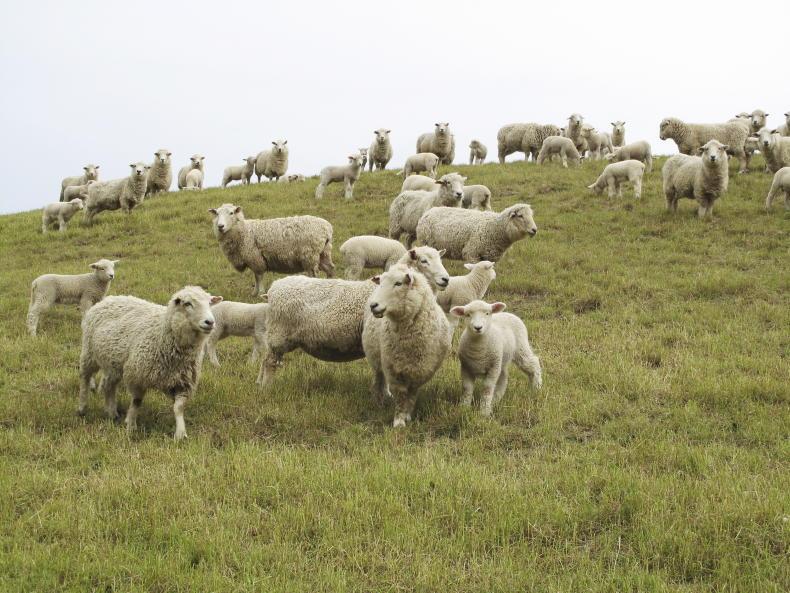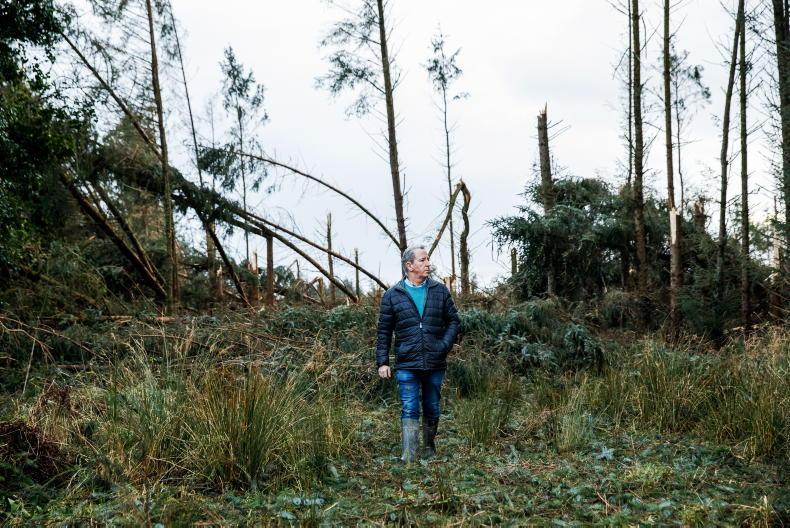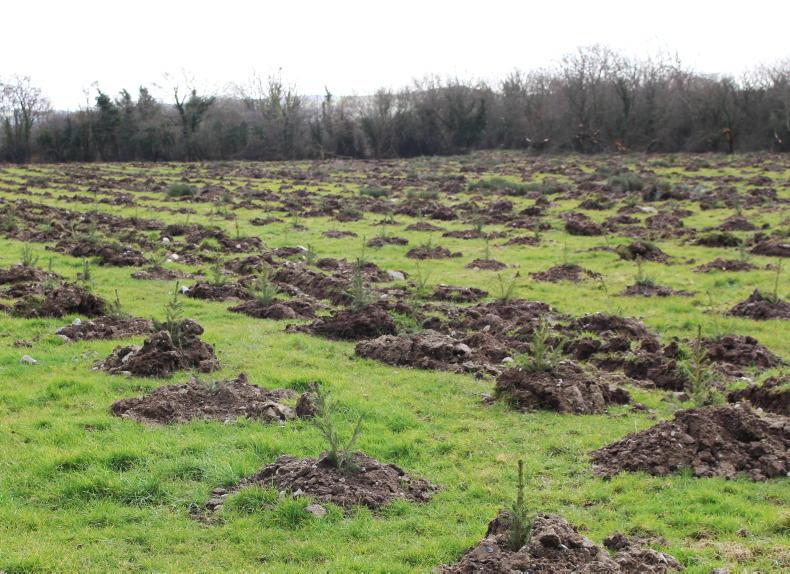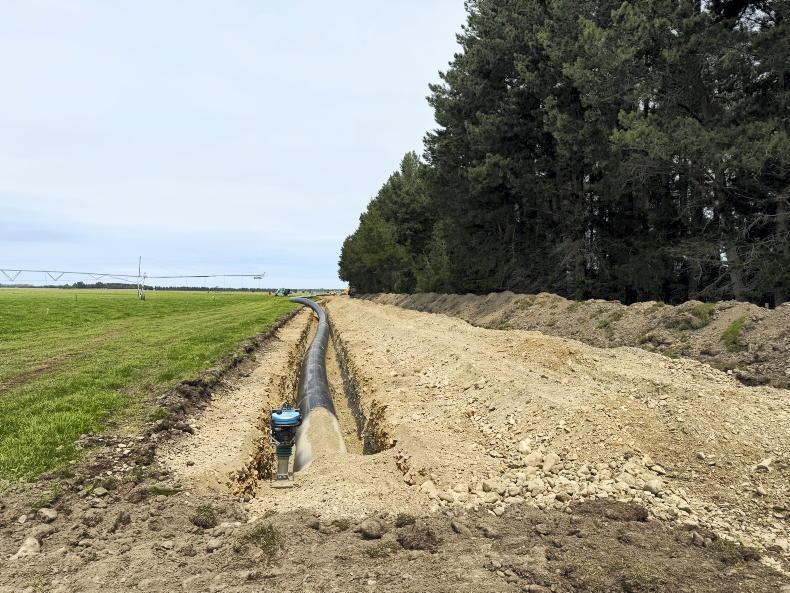Over 200,000ha of New Zealand cattle and sheep farms have been bought in the last five years to be converted into large-scale forestry.
A new report by Orme and Associates found that 36,000ha of land moved into forestry in 2022. This was down on previous years, when 63,000ha was purchased for forestry in 2021.
The move is a significant concern for the beef and sheep sector, as well as rural communities, Beef and Lamb New Zealand CEO Sam McIvor has said.
Scale of change
He said the scale of change is far more than what is recommended by New Zealand’s Climate Change Commission and will have a negative impact on rural communities, food production and export income.
“New Zealand is one of the only countries in the world that allows fossil fuel emitters to offset 100% of their emissions,” he says.
“The government is currently consulting on changes to the emissions trading scheme and it needs to act.
“Beef and Lamb New Zealand is not anti-forestry, there is absolutely a place for it and for some offsetting. We know many farmers are interested in integrating trees into their farms, but there is a need for some balance,” he said.
Food production
McIvor said that though less than the sheep and beef industry, forestry does create jobs and export revenue.
“In contrast, carbon farming doesn’t create jobs or add export returns. Production forestry, in combination with carbon forestry, can often be integrated into sheep and beef farms without loss of food production.
“We also recognise the unique circumstances of some Maori landowners who can never sell their land. This is a legitimate instance where carbon credits from offsetting should be available,” he said.
McIvor says the impact of land use change is now being reflected in livestock numbers, with Statistics New Zealand’s 2022 agricultural census data showing the national sheep flock to be 25.3m as of June 2022, a drop of 400,000 from the previous year, with numbers likely to fall further due to new plantings.
Read more
New Zealand beef and sheep farms being snapped up for carbon farming
Over 200,000ha of New Zealand cattle and sheep farms have been bought in the last five years to be converted into large-scale forestry.
A new report by Orme and Associates found that 36,000ha of land moved into forestry in 2022. This was down on previous years, when 63,000ha was purchased for forestry in 2021.
The move is a significant concern for the beef and sheep sector, as well as rural communities, Beef and Lamb New Zealand CEO Sam McIvor has said.
Scale of change
He said the scale of change is far more than what is recommended by New Zealand’s Climate Change Commission and will have a negative impact on rural communities, food production and export income.
“New Zealand is one of the only countries in the world that allows fossil fuel emitters to offset 100% of their emissions,” he says.
“The government is currently consulting on changes to the emissions trading scheme and it needs to act.
“Beef and Lamb New Zealand is not anti-forestry, there is absolutely a place for it and for some offsetting. We know many farmers are interested in integrating trees into their farms, but there is a need for some balance,” he said.
Food production
McIvor said that though less than the sheep and beef industry, forestry does create jobs and export revenue.
“In contrast, carbon farming doesn’t create jobs or add export returns. Production forestry, in combination with carbon forestry, can often be integrated into sheep and beef farms without loss of food production.
“We also recognise the unique circumstances of some Maori landowners who can never sell their land. This is a legitimate instance where carbon credits from offsetting should be available,” he said.
McIvor says the impact of land use change is now being reflected in livestock numbers, with Statistics New Zealand’s 2022 agricultural census data showing the national sheep flock to be 25.3m as of June 2022, a drop of 400,000 from the previous year, with numbers likely to fall further due to new plantings.
Read more
New Zealand beef and sheep farms being snapped up for carbon farming










SHARING OPTIONS